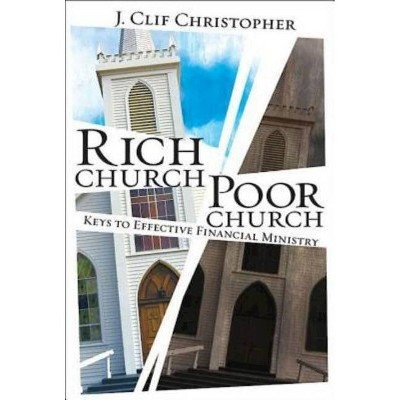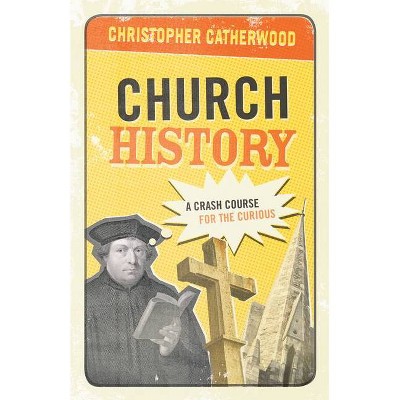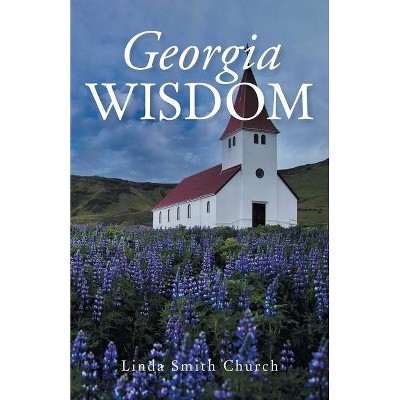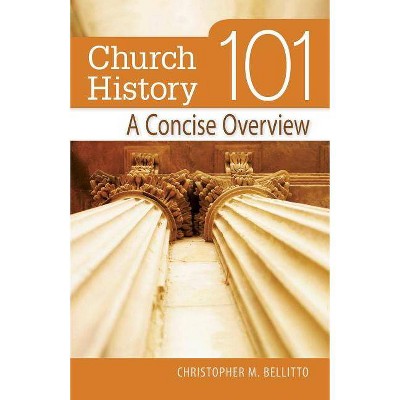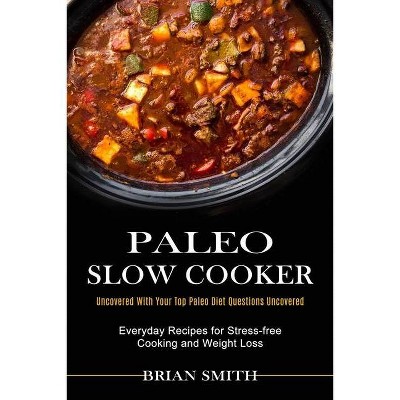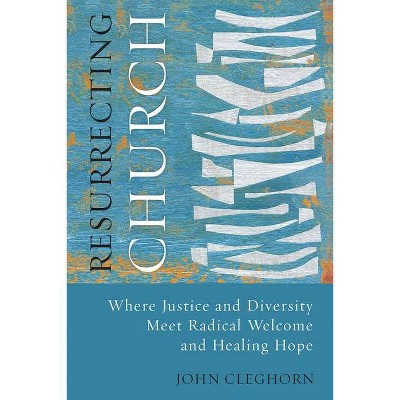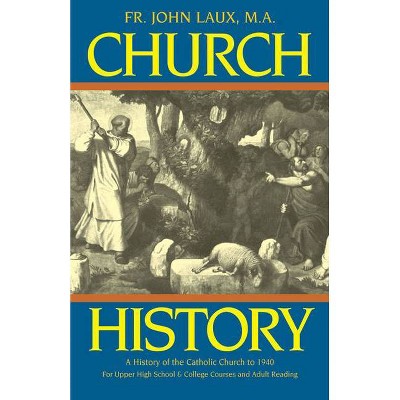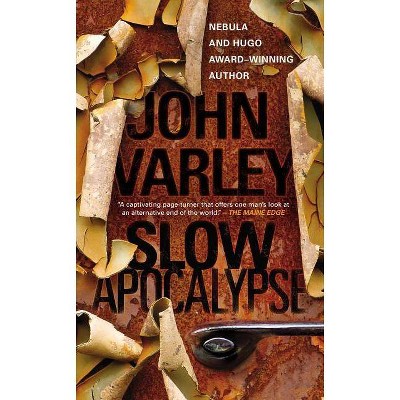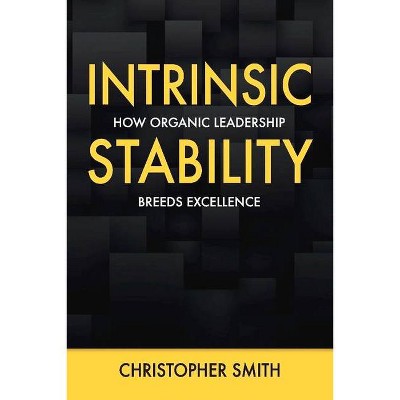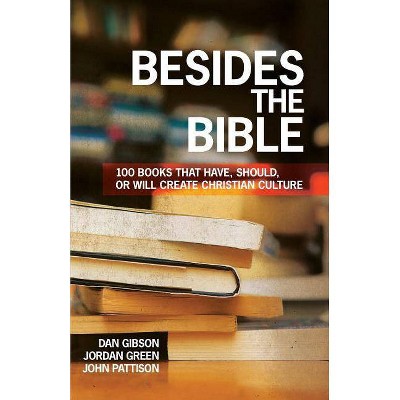Slow Church - by C Christopher Smith & John Pattison (Paperback)
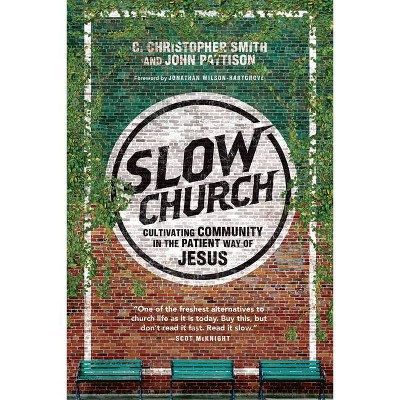
Similar Products
Products of same category from the store
AllProduct info
<p/><br></br><p><b> About the Book </b></p></br></br><p>In today's fast-food world, Christianity can seem outdated or archaic. The temptation becomes to pick up the pace and play the game. But Chris Smith and John Pattison invites us to leave franchise faith behind and enter the kingdom of God, where people know each other well and love one another as Christ loves the church.</p><p/><br></br><p><b> Book Synopsis </b></p></br></br><ul> <li>2014 Readers' Choice Award Winner</li> <li>2014 Best Books About the Church from Byron Borger, Hearts and Minds Bookstore</li> </ul><p>Fast food. Fast cars. Fast and furious. Fast forward. Fast . . . church? The church is often idealized (or demonized) as the last bastion of a bygone era, dragging our feet as we're pulled into new moralities and new spiritualities. We guard our doctrine and our piety with great vigilance. But we often fail to notice how quickly we're capitulating, in the structures and practices of our churches, to a culture of unreflective speed, dehumanizing efficiency and dis-integrating isolationism. In the beginning, the church ate together, traveled together and shared in all facets of life. Centered as they were on Jesus, these seemingly mundane activities took on their own significance in the mission of God. In <em>Slow Church, </em> Chris Smith and John Pattison invite us to leave franchise faith behind and enter into the ecology, economy and ethics of the kingdom of God, where people know each other well and love one another as Christ loved the church.</p><p/><br></br><p><b> Review Quotes </b></p></br></br><br><p>Recognizing the destructive consequences of church structures and individual lifestyles built around efficiency, control and hypermobility, Smith and Pattison challenge us to recover the social significance of God's slow and patient work in the world. This beautifully crafted book offers perceptive analyses, asks crucial questions and provides gracious wisdom for finding ways to live more fully attentive to God and to our particular time and place. <em>Slow Church, </em> like a well-prepared meal, provides nourishment and delight, and invites long and fruitful conversation.</p>--Christine D. Pohl, professor of Christian social ethics, Asbury Theological Seminary<br><br><p><em>Slow Church</em> explores being church in a way that emphasizes deep engagement in local people and places, quality over quantity, and in all things taking the long view--understanding individuals and congregations as participants in the unfolding drama of all creation. . . . The strength of this book is in its consistent encouragement to reorient ourselves through prayer, scripture, and practice to God's abundant gifts and wellspring of possibilities, even in broken places and circumstances. While the generative imaginative space this creates doesn't work miracles (remember, we're talking slow) on tight church budgets, neighbors struggling with an exploitative landlord, or conflict in community, it does open us up to material and spiritual resources we might otherwise overlook and remind us that transformation, though it may be a long time coming, is promised to us and all creation. . . . For inspiration you may find yourself returning to this gracefully written ode to God's wonders close at hand, with its vision for individuals and faith communities to savor that goodness and more fully incarnate Christ's love, wherever we have been called to be.</p>--Julie Polter, Sojourners, September/October 2014<br><br><p><em>Slow Church</em> is a manifesto and handbook rolled into one. Unlike most manifestos, it is beautifully written, blending historical analysis, personal narrative, and scriptural exegesis into prose that is languid, incisive, and eloquent. It reads like what it is: the long, patient fruit of two men deeply rooted in a particular place, among neighbors they know, love, and serve. . . . No matter the size of our church body or the kind of neighborhood we live in, we would all do well to slow down and examine ourselves in the clearest light available--the light of history, the light of Scripture, and the light of Christ himself--rather than the fluorescent light of business models and burger joints. Make haste, then. Run, do not walk, to your favorite bookstore, buy a copy, and set your church table for a feast.</p>--Leslie Leyland Fields, Christianity Today, September 2014<br><br><p><em>Slow Church</em> offers a layered challenge for congregations to trust that God calls them to be fully present with their community, that God equips them to be instruments of God's gracious hospitality and that God sends them to embody God's love in open conversation with church and community members alike.</p>--Felipe N. Martinez, Presbyterian Outlook, August 19, 2014<br><br><p>Inspired by the 'slow food' movement and disheartened by the 'fast' church trends, Smith and Pattison are advocating for 'reimagining what it means to be communities of believers gathered and rooted in particular places at a particular time.' <em>Slow Church</em> promises something richer and more substantive than quick fixes.</p>--Relevant Magazine, May/June 2014<br><br><p>Smith and Pattison do a fantastic job presenting an imaginative vision for what the church could be if it chose to reject the fast and McDonaldized views of our culture and exchanged it for a more intentional, organic, communal way of being God's people in this world.</p>--Christopher G. Woznicki, Themelios, April 2015, 40:1<br><br><p>The authors write clearly and persuasively; each section of the book offers a theoretical and scriptural basis for the ideas discussed and practical suggestions for their implementation.</p>--Publishers Weekly STARRED REVIEW, April 14, 2014<br><br><p>The final chapter of <em>Slow Church</em> envisions, quite biblically and appropriately, church as a shared meal; a 'dinner table conversation as a way of being the church.' Questions that arise during the course of planning a meal--<em>What will we eat? Who will do which tasks? Where will we buy the food and who is invited to the table</em>--reflect many of the same questions raised throughout the book about the way communities of worship think about and implement their way of being in the world. They are questions worth lingering over, even for those who are content with their current ways of being a part of the church, for they invite everyone to a deeper enjoyment of and engagement with the often-strange experience that <em>is</em> church.</p>--Rachel Marie Stone, Books Culture, September/October 2014<br><br><p>Those who are questioning (or despairing over) the temptation of successful, efficient and fast modes of doing church--being part of the 'fast food' culture--will find in this book a helpful way to think about ethical orientations, environment and finances in light of the call of the Gospel. What I think may be particularly helpful is Smith and Pattison's exploration of our understanding of work and the ways Christian communities can encourage people to discriminate between 'good' (meaningful, creative) and 'bad' (depersonalized, isolating) work.</p>--Lina Toth, Regent Reviews, April 2015, 6.2<br>
Price History
Price Archive shows prices from various stores, lets you see history and find the cheapest. There is no actual sale on the website. For all support, inquiry and suggestion messages communication@pricearchive.us
